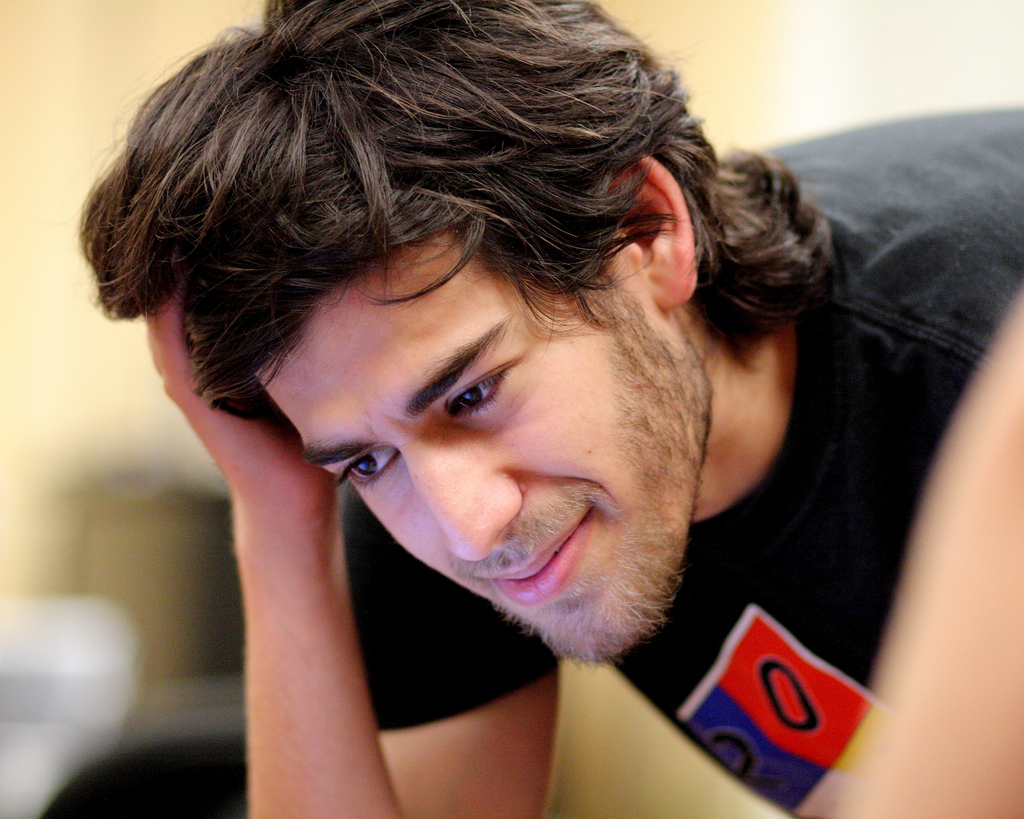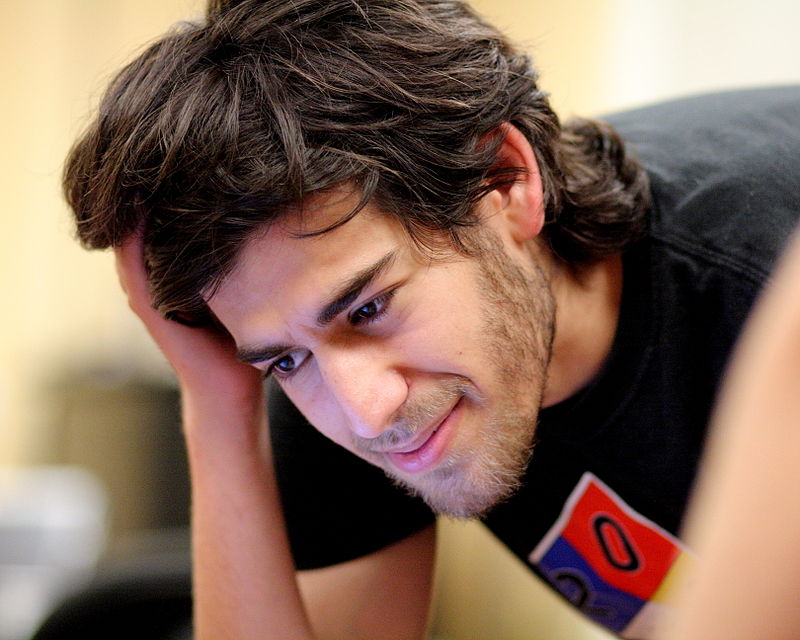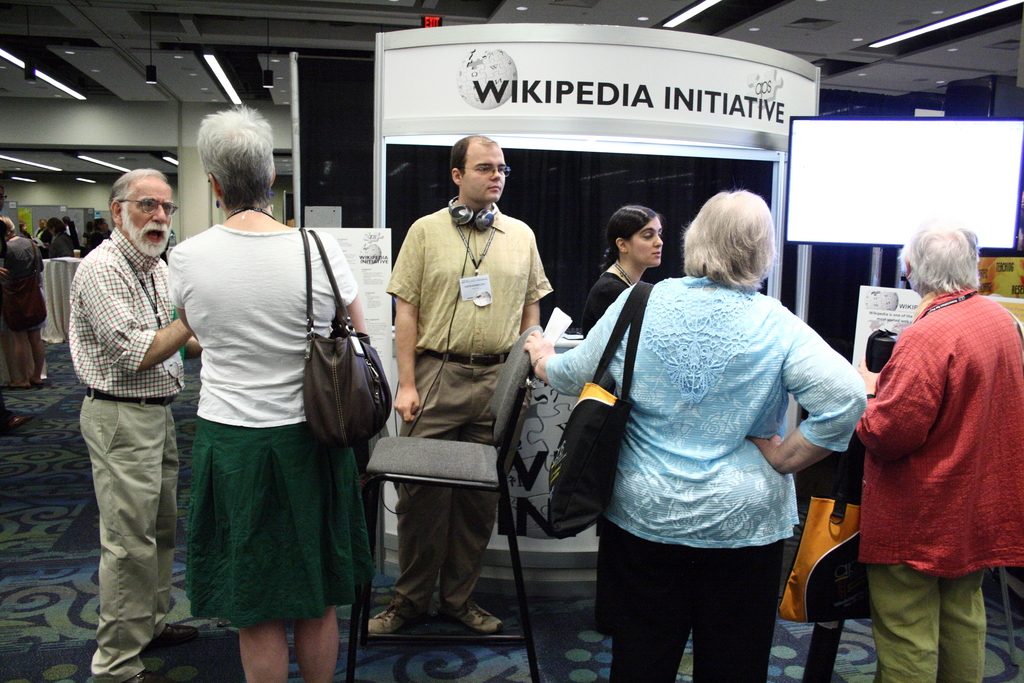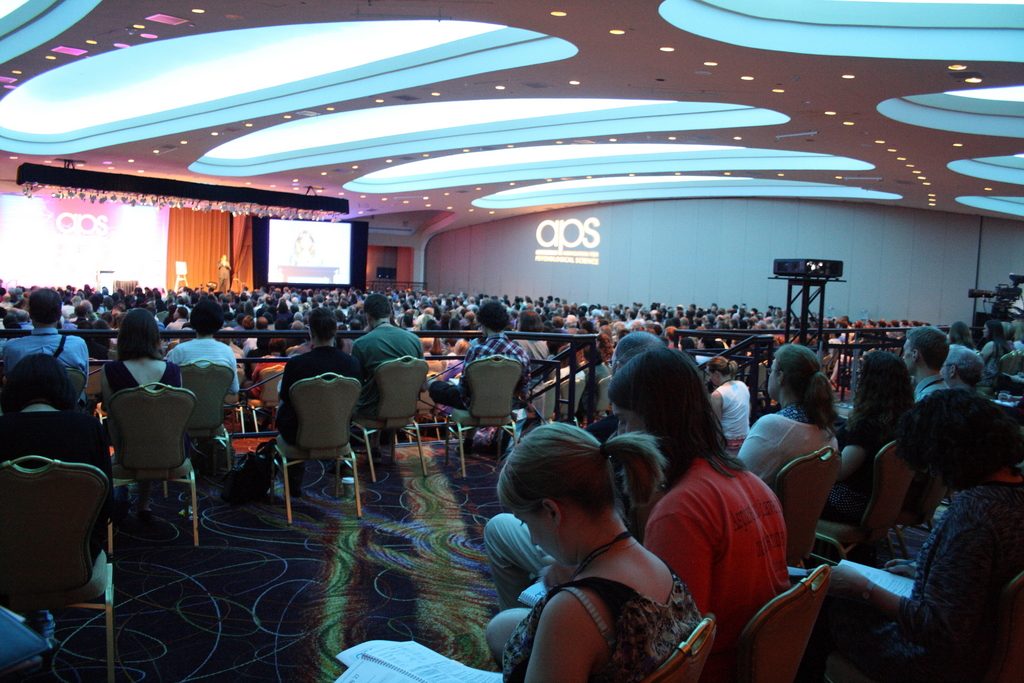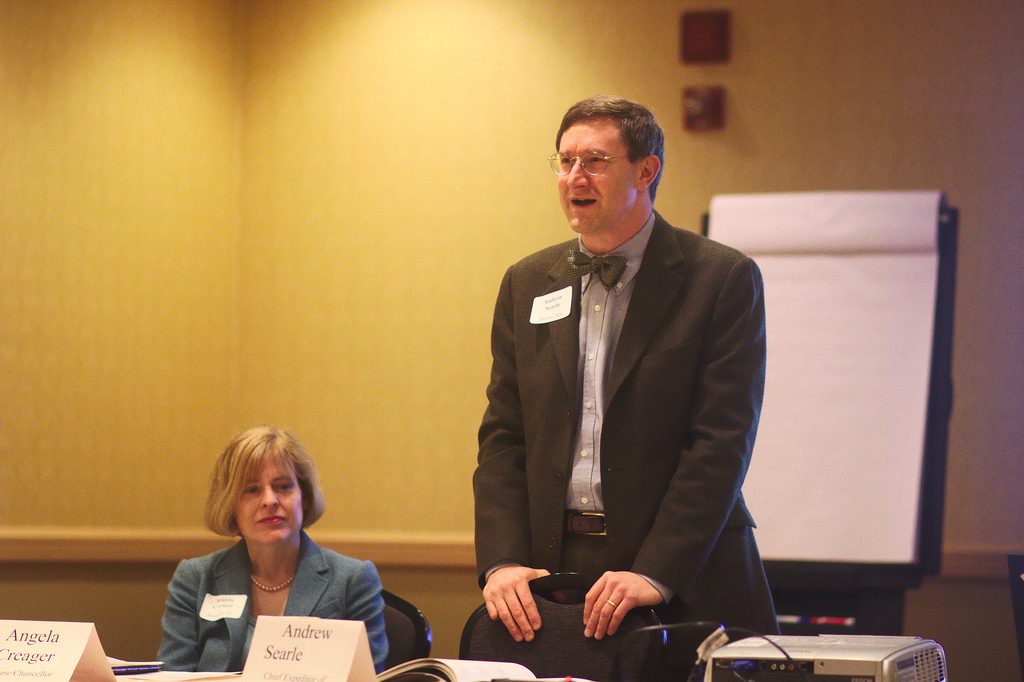
This last weekend I flew to Chicago for a two-day strategic planning meeting for the History of Science Society (see my photos). The task, for me and about 40 others historians of science, was to figure out who the society should be trying to serve and what its goals should be. One of the key issues the society is dealing with is our membership model: joining the History of Science Society (HSS) currently consists of becoming a subscriber to the society’s main publications, ”Isis” (a quarterly journal) and ”Osiris” (an annual thematic journal), which are published by University of Chicago Press. The lion’s share of the society’s budget comes from subscription fees for these journals, but individual subscriptions (from about 2200 members, and falling) make up only about a third of that revenue; institutional subscriptions, mainly from libraries who subscribe to large bundles of content from academic publishers, make up the rest. This institutional subscription revenue has actually been increasing recently for HSS. But library budgets are being increasingly squeezed, and can only absorb so much of the cost of traditional journal publishing before many start cancelling the bundles they cannot afford.
Michael Magoulias of University of Chicago Press was part of this meeting, and he submitted a report on university press publishing as part of the ‘environmental scan’ document that was sent out before the meeting. In it, he frames the option of going open access for journals outside the sciences — like those of HSS, and probably many other scholarly societies as well — as shifting the costs from libraries to individual others. Author-pays OA options (or large grants to cover traditional journal costs) are the only ones Magoulias mentioned, but that doesn’t reflect the reality of how OA publishing in the humanities is trending. In fact, there are huge numbers of journals — in humanities, as well as social sciences and mathematics — that are run entirely outside of the traditonal publishing industry. Several open source journal management platforms are available and developing rapidly. (Open Journal Systems seems to be the most widely adopted.) These are essentially DIY, digital-only options, but they can be run with *very* low infrastructure costs (perhaps a few hundred dollars per year for cloud hosting), with the usually sorts of unpaid labor of editing the journal and managing peer review. This approach may mean losing some of the fringe benefits of a high-quality traditional journal — professional typesetting and copyediting — but it doesn’t have to mean a fundamental difference in the quality of the scholarship.
But in the case of HSS — and probably other scholarly societies as well — shifting away from traditional publishing to a low-cost OA model on an free and open source platform would actually mean losing revenue as well. I’d never considered this before. The real issue, then, is not about shifting costs from libraries to individual authors. It is about libraries — through their bundled subscription fees to academic publishers — subsidizing the activities of scholarly societies (after the publishers have taken their cut). Is that how scholarly societies want to be funding themselves? I know that’s not how I want HSS to be funding itself.
